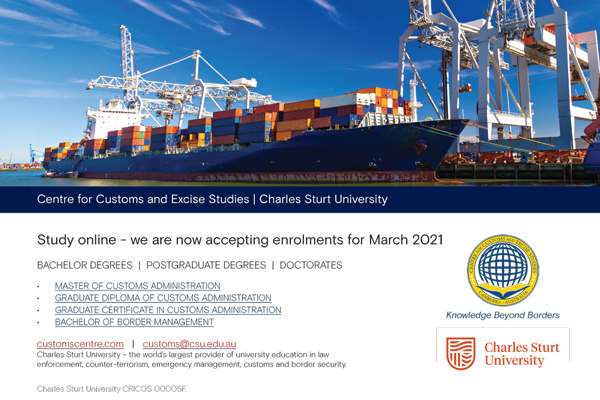Certification of origin: latest trends
20 October 2020
The WCO Secretariat has published an update of the Comparative Study on certification of origin, the previous version of which was issued in 2014, in order to take into consideration new trends both on non-preferential and preferential origin…
With regard to non-preferential rules of origin, the increasing use or acceptance of electronic certificates of origin (e-CO) is highlighted. The countries issuing the most e-COs are China, the United Kingdom, the Netherlands, Belgium, the Republic of Korea and Spain. Among these, China and the Republic of Korea only offer the certificate in this format. Properly designed e-COs can effectively reduce the risk of having certificates forged. In addition, in the context of the current COVID-19 pandemic, the dematerialization of certificates of origin makes it possible to limit the physical interaction between the exporter and the issuing authority, and between the importer and Customs.
With regard to preferential rules of origin, the Study compares the certification provisions found in 209 Free Trade Agreements (FTAs), as against 149 in 2014.
As was the case in 2014, more than half of the FTAs studied include some form of self-certification of origin, i.e. approved exporter, fully exporter-based certification or importer-based system. The authorized/approved exporter system is used mainly in FTAs involving one or more European countries, while the fully exporter-based certification system and the importer-based certification system are typically utilized in FTAs involving countries in the Americas. Intra-African and intra-Asian agreements appear to favour the certification of origin by competent authorities.
One of the new findings of the Study is that recently-concluded agreements appear to prefer the self-certification of origin, particularly the fully exporter-based certification system and the importer-based certification system with less – or no – involvement of the competent authority of the exporting country. More than half of the FTAs provide several different certification procedures which allow traders to choose the appropriate option. This kind of flexibility leads to increased user-friendliness and trade facilitation in the utilization of each FTA.
The study also highlights the impact that blockchain-based information systems could have on the certification process. Used to issue and exchange electronic certificates, the technology would be limited to proving that the certificate is authentic – i.e. that it has been delivered by the competent authority – and has not been tampered with. However, if it becomes more widely implemented by parties to a transaction to exchange data from the moment that the goods are produced or harvested through all subsequent stages of the process of treatment until the arrival at the final consumer, certification of origin could rely on blockchain data to be determined directly at the border, without the need for a certifying authority. This could be a tremendous progress towards not only facilitation of legitimate trade but also increased compliance.
More information
http://www.wcoomd.org/en/topics/origin/instrument-and-tools/origin-certification-tools.aspx
